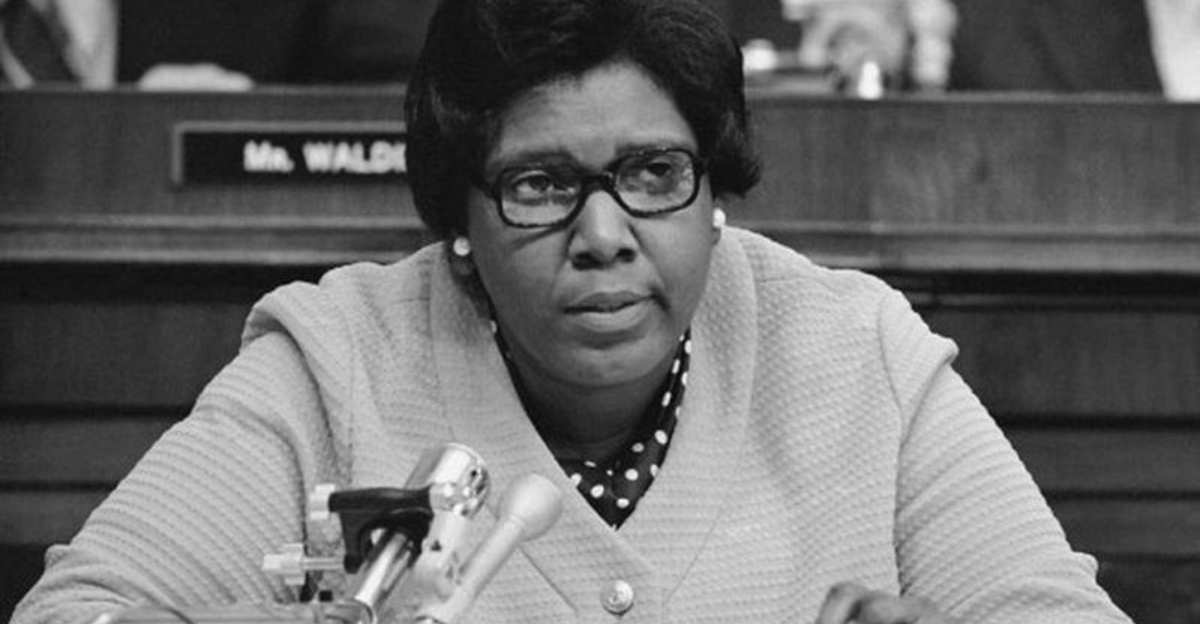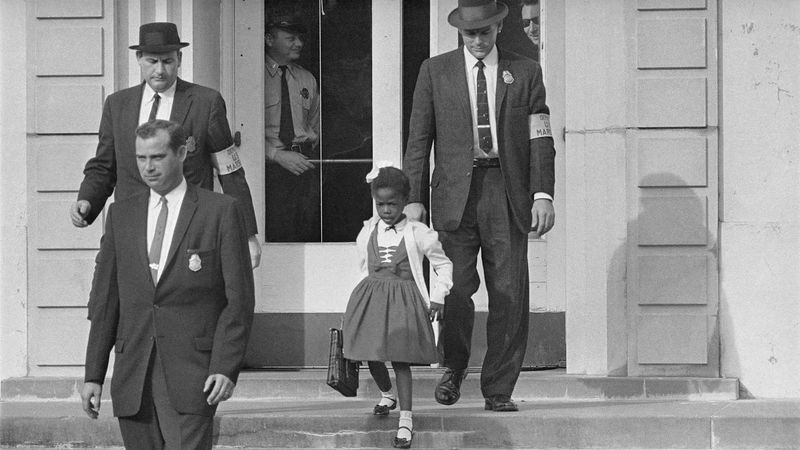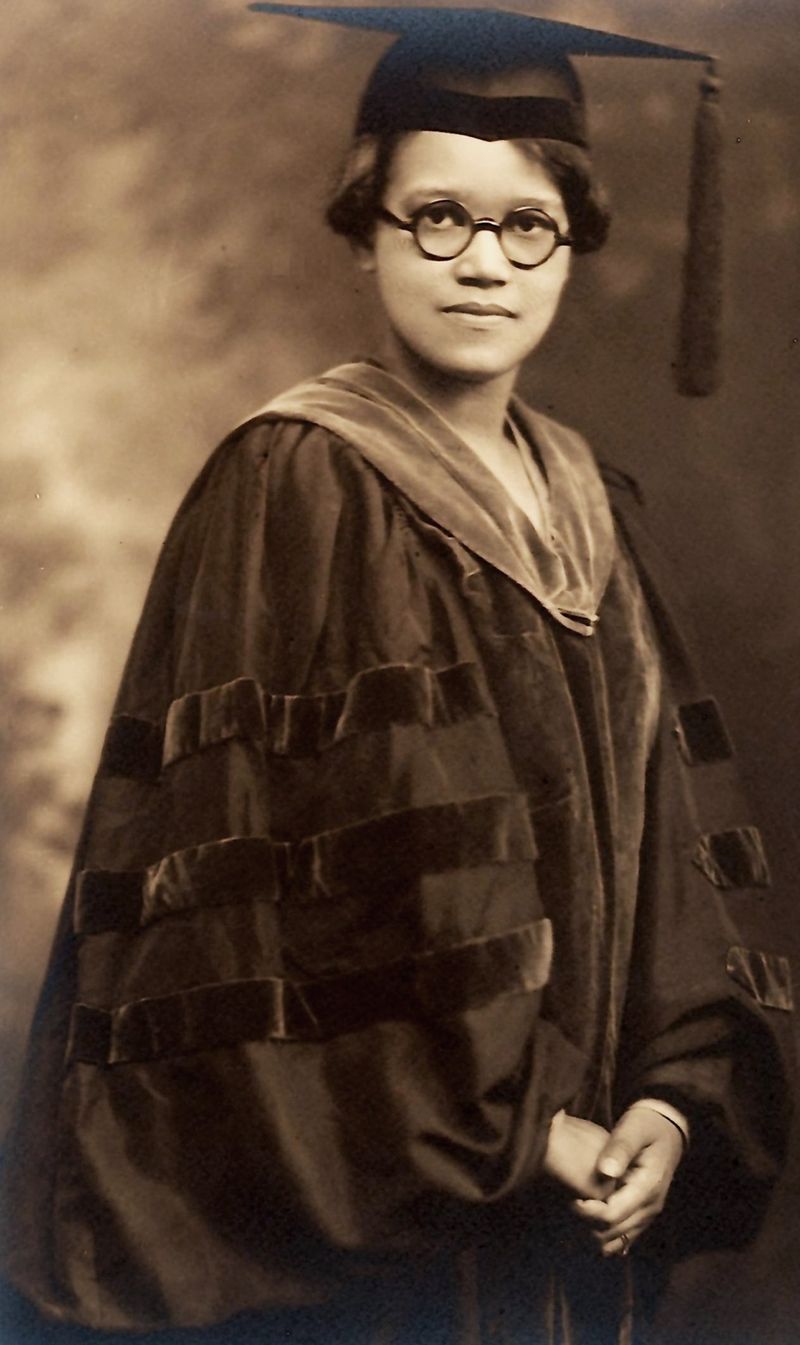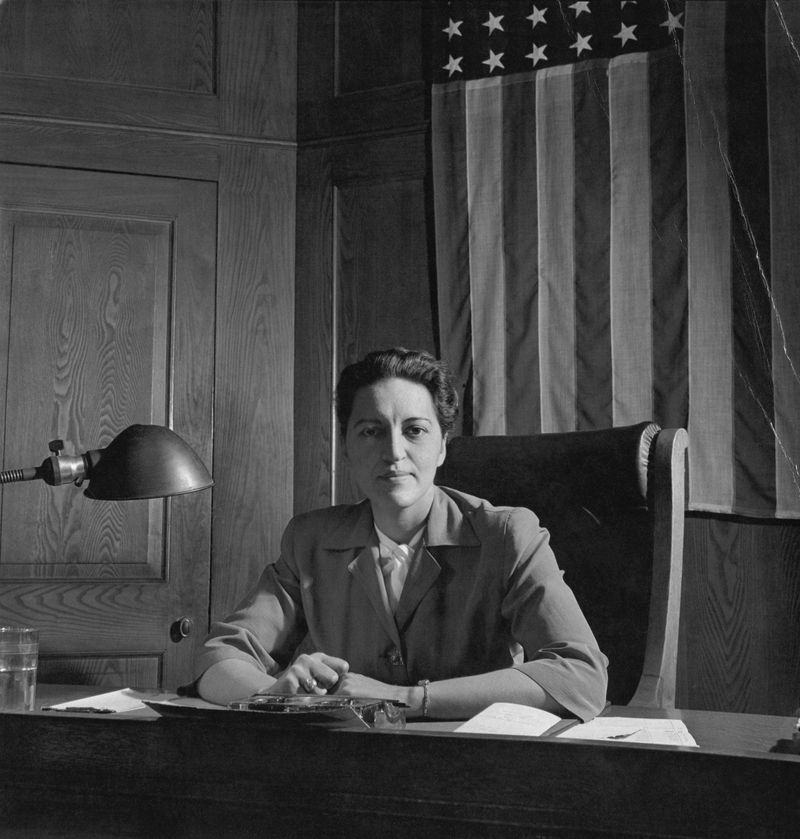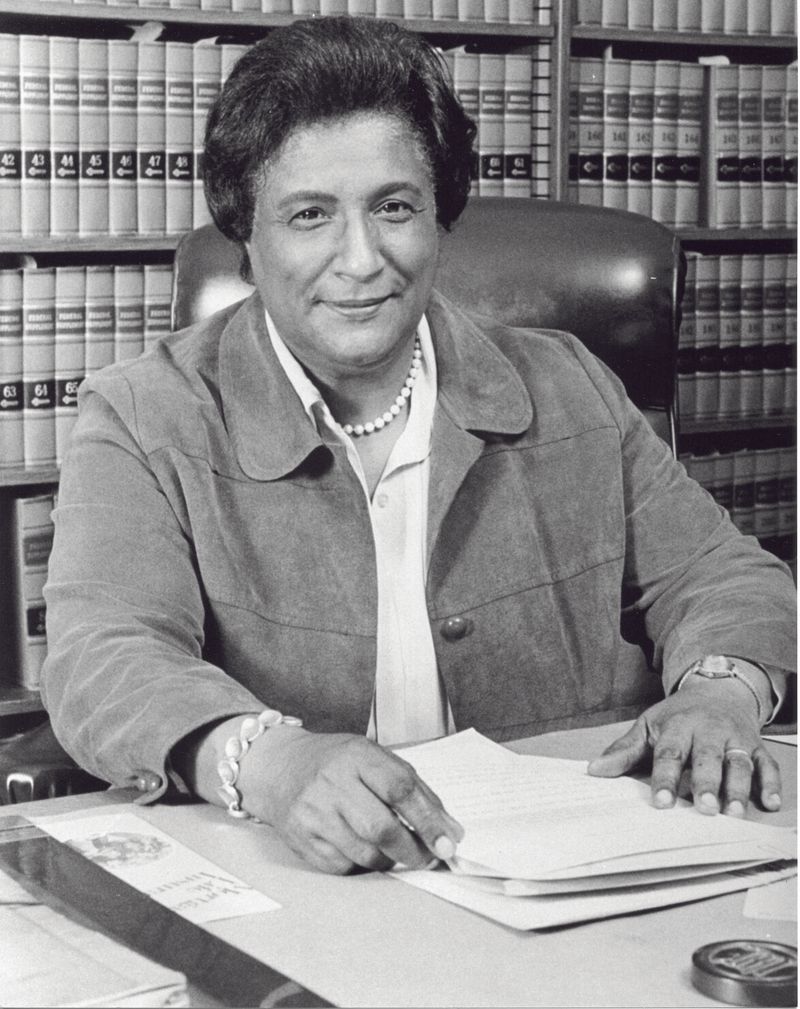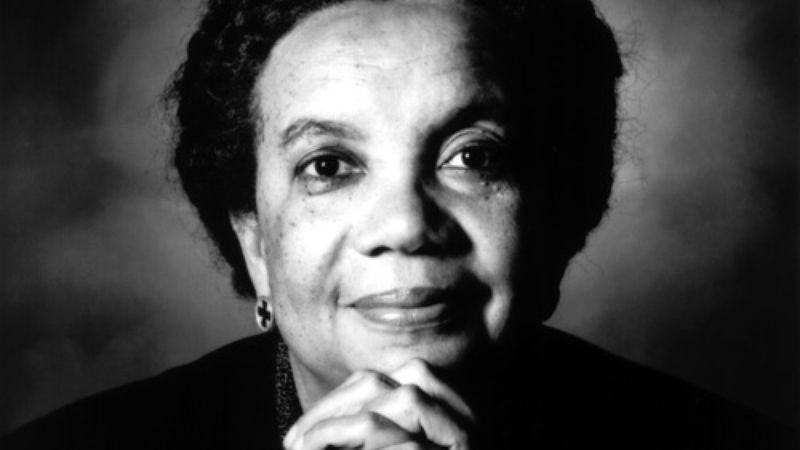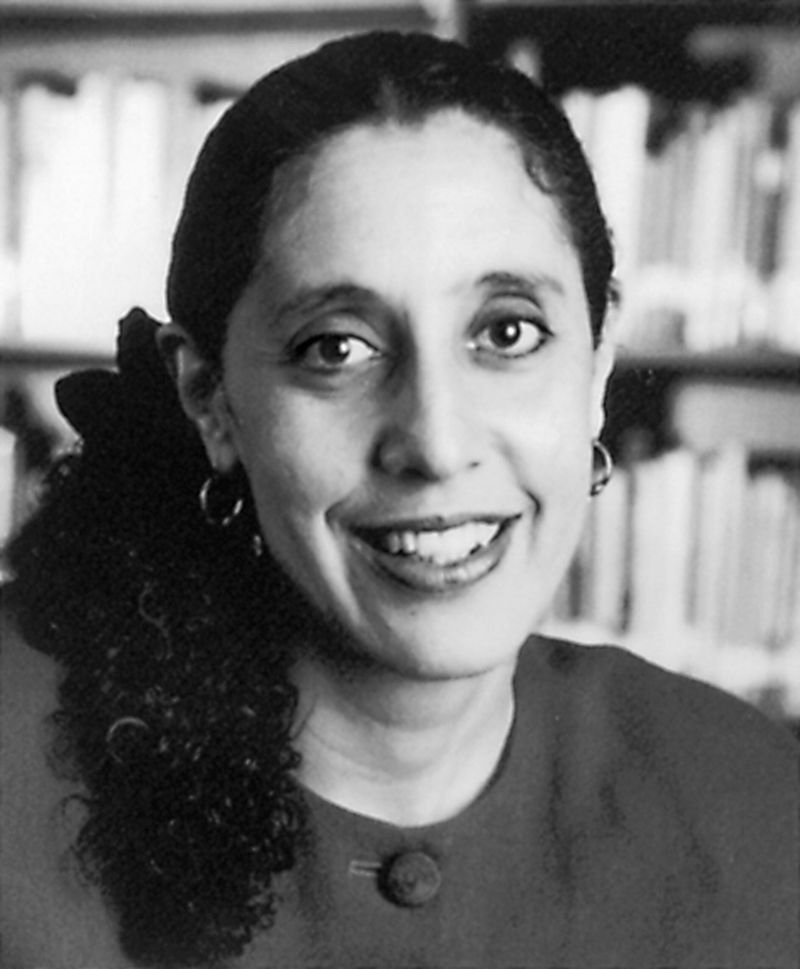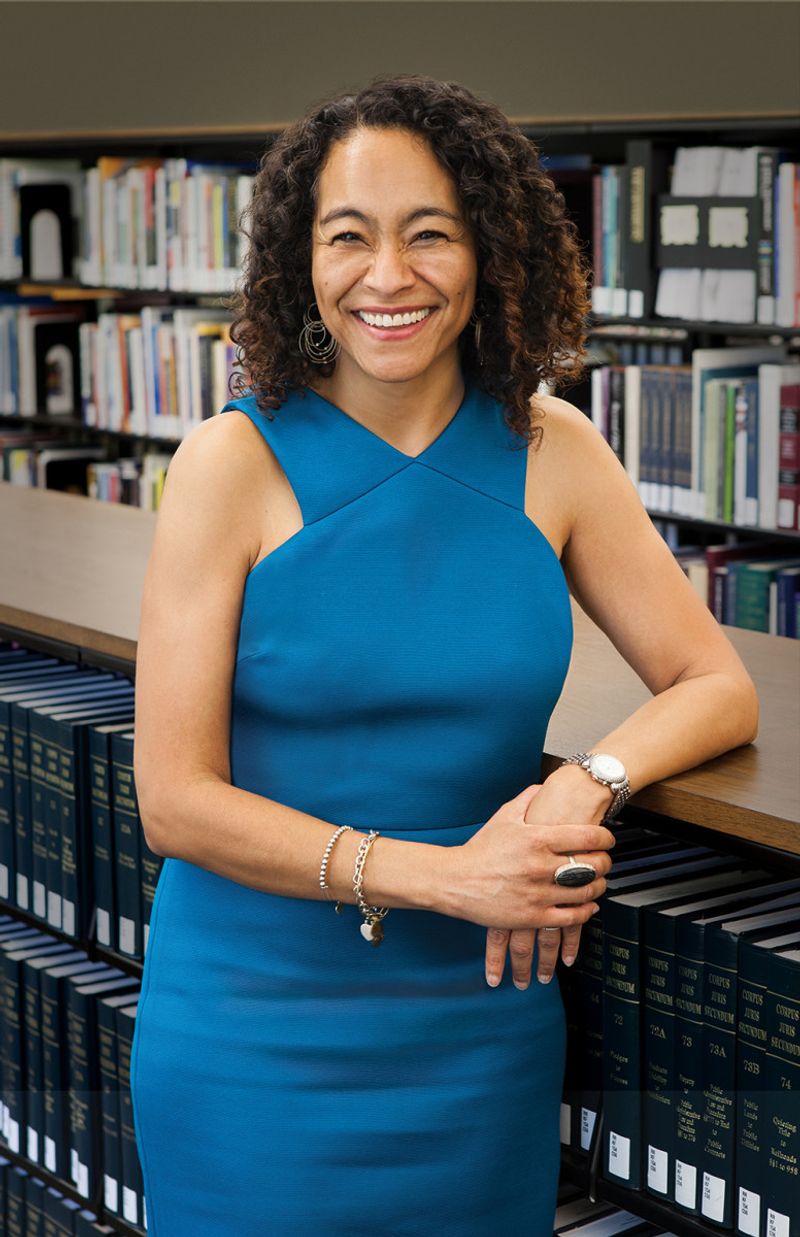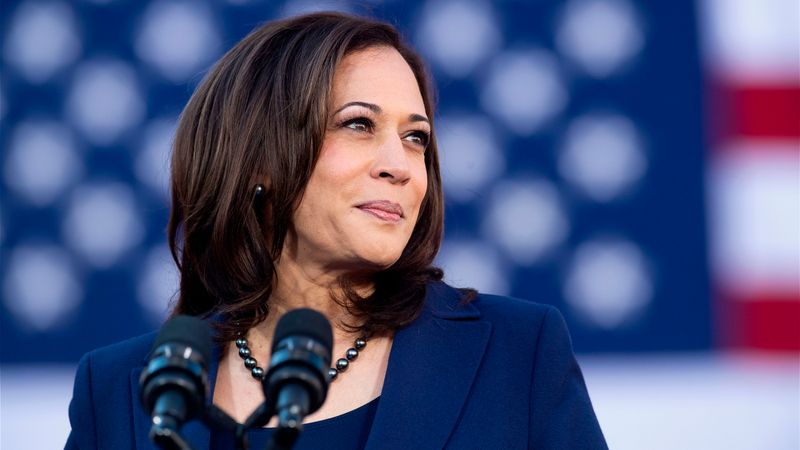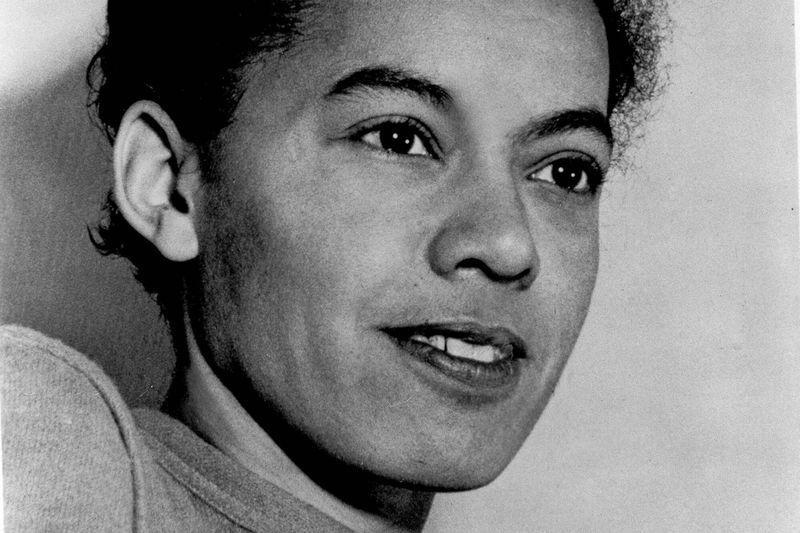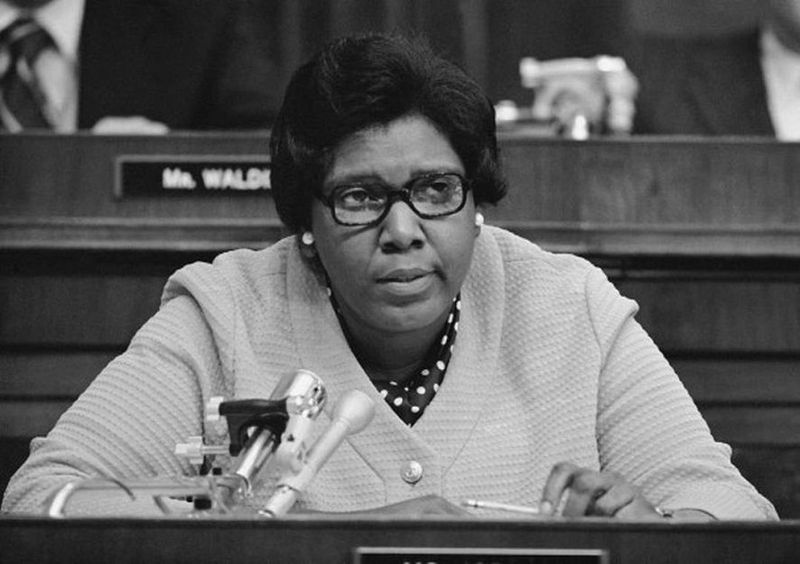Explore the inspiring stories of ten remarkable Black female attorneys who have made significant impacts in the legal field. From breaking barriers to pioneering new paths, these women have changed the course of law and inspired generations. Join us as we delve into their journeys and celebrate their achievements.
1. Charlotte E. Ray (1850–1911) – The First
Known as the first Black female lawyer in the U.S., Charlotte E. Ray shattered barriers when she graduated from Howard University School of Law in 1872. She became the first woman admitted to the D.C. Bar and one of the first women to argue in a U.S. court. Despite her accomplishments, Ray faced overwhelming racism and sexism, eventually leaving law to teach. Her story is a testament to resilience and the relentless pursuit of justice in the face of adversity, leaving a lasting legacy for future generations of women in law.
2. Sadie Tanner Mossell Alexander (1898–1989) – The Pioneer
Sadie Tanner Mossell Alexander was a trailblazer in both academia and law. As the first Black woman to earn a Ph.D. in economics in 1921 and the first to graduate from UPenn Law in 1927, she broke new ground. Her career was marked by her fight for employment equality and her role in drafting Philadelphia’s Fair Employment Practices Law. Her pioneering spirit and commitment to equality made her a formidable figure in both the legal world and civil rights movement, inspiring countless others to follow in her footsteps.
3. Jane Bolin (1908–2007) – The Judge Who Broke the Bench
Jane Bolin made history as the first Black female judge in the U.S., appointed to the bench in 1939. A Yale Law graduate, she used her position to challenge racial discrimination, notably ending segregated child services in New York City. Bolin’s tenure as a judge was marked by her unwavering commitment to justice and equality, and her pioneering achievements continue to inspire those who seek to make a difference within the judicial system.
4. Constance Baker Motley (1921–2005) – The Civil Rights Giant
Constance Baker Motley was a towering figure in civil rights law, becoming the first Black woman to argue before the Supreme Court, where she won 9 out of 10 cases. As a key strategist in the landmark Brown v. Board of Education case, her work laid the groundwork for desegregation in schools. Later, she became the first Black female federal judge in 1966. Motley’s legacy is one of strategic brilliance and relentless advocacy for civil rights, shaping American legal history.
5. Marian Wright Edelman (b. 1939) – The Children’s Champion
Marian Wright Edelman dedicated her career to advocating for children’s rights and welfare. As the first Black woman admitted to the Mississippi Bar in 1964, she went on to found the Children’s Defense Fund, championing policies that benefit children across the U.S. Her mentorship of future leaders, including Hillary Clinton, reflects her enduring influence. Edelman’s compassionate yet fierce advocacy has been instrumental in shaping child welfare policy and her work continues to inspire those committed to social justice.
6. Lani Guinier (1950–2022) – The Voting Rights Warrior
Renowned for her work on voting rights, Lani Guinier was the first Black woman tenured at Harvard Law. Her innovative theories on fair voting practices, like “The Tyranny of the Majority,” challenged conventional thinking. Despite her nomination for U.S. Assistant Attorney General being blocked, Guinier remained a steadfast advocate for equality and democracy. Her scholarly contributions and public service have left an indelible mark on the fight for civil rights and voting reform.
7. L. Song Richardson (b. 1970) – The Mind-Changer
L. Song Richardson broke new ground as the first woman of color to lead a top-tier U.S. law school, UC Irvine. Her expertise in criminal law and implicit bias has transformed legal education, integrating psychology and neuroscience into the curriculum. Richardson’s vision and leadership continue to inspire a more inclusive and dynamic legal education system, influencing future generations of lawyers. Her work exemplifies a forward-thinking approach to addressing complex legal issues.
8. Kamala Harris (b. 1964) – The History-Maker
Kamala Harris’s career is a series of historic firsts, culminating in her election as the first Black and South Asian female Vice President of the United States. As California’s Attorney General, she championed police reform, marriage equality, and environmental justice. Her prosecutorial career was marked by her bold initiatives and commitment to justice, paving the way for her influential role in the political arena. Harris’s story is one of breaking barriers and paving new paths for future leaders.
9. Pauli Murray (1910–1985) – The Overlooked Genius
Pauli Murray was a legal visionary whose work laid the foundation for gender equality in law. Coining the term “Jane Crow” to describe sexist discrimination, she became the first Black person to earn a JSD from Yale. Her legal theories inspired Ruth Bader Ginsburg’s landmark gender equality work. Murray’s intellectual contributions were revolutionary and her advocacy for marginalized communities continues to resonate, reinforcing her status as a pioneering figure in legal history.
10. Barbara Jordan (1936–1996) – The Voice of Justice
Barbara Jordan was a trailblazer in American politics, becoming the first Black woman from the South elected to Congress in 1966. Her role in Nixon’s impeachment hearings showcased her formidable oratory skills and commitment to justice. Jordan’s 1976 Democratic National Convention keynote speech is hailed as one of the greatest in U.S. political history. Her legacy as a passionate advocate for justice and equality continues to inspire politicians and leaders nationwide.
